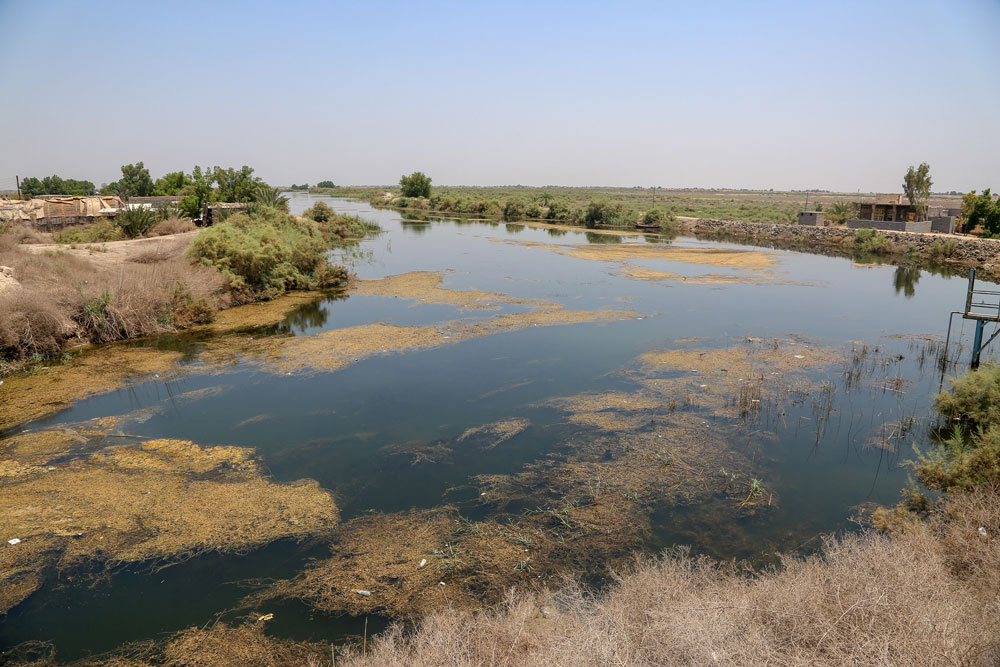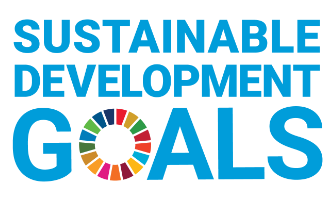Irak heeft te maken met een complexe watercrisis met gevolgen op humanitair en sociaaleconomisch niveau, en zeker ook op het gebied van veiligheid en het wegtrekken van de plaatselijke bevolking.
De watertoevoer van de rivieren Tigris en de Eufraat – Iraks belangrijkste levensaders - neemt in ongekend tempo af.
Tegelijkertijd leidt klimaatverandering tot stijgende temperaturen en een afnemende regenval.
IOM Irak en het in Nederland gevestigde Deltares - een onafhankelijk onderzoeksinstituut op het gebied van water en ondergrondse hulpbronnen - hebben een analyse gepubliceerd met aanbevelingen om de watercrisis aan te pakken. Onder andere door middel van de Iraq Water Risk Webtool met interactieve kaarten over waterbeschikbaarheid en waterkwaliteit.
De studie werd gefinancierd door het Amerikaanse Bureau of Population, Refugees, and Migration van het Amerikaanse ministerie van Buitenlandse Zaken. Het werk van Deltares werd gefinancierd door het Nederlandse Ministerie van Buitenlandse Zaken.
Erbil—Iraq faces a complex water crisis that is expected to persist. It may have implications at the humanitarian, socioeconomic, security and social levels, including population movements.
Intake from the Tigris and the Euphrates rivers–Iraq’s two main sources of water–is decreasing at an unprecedented rate.
Concurrently, climate change is leading to increasing average temperatures and decreasing annual rainfall, causing further challenges throughout the region. The risk of water shortage-induced displacement of populations in Iraq remains high due to degradation of the quantity and quality of available water.
In July 2019, the International Organization of Migration (IOM) in Iraq identified 21,314 internally displaced persons (IDPs) from the central and southern governorates who were displaced due to lack of water or because of water sources associated with high salinity content or waterborne disease outbreaks.
IOM Iraq and Deltares—a Netherlands-based independent institute for applied research in the field of water and subsurface resources —have published new findings on the topic. Their report, Water Quantity and Water Quality in Central and South Iraq: A Preliminary Assessment in the Context of Displacement Risk, focuses on understanding variations in water quantity and water quality in central and southern governorates during the past two decades.
“Water scarcity is one of the main threats to agricultural communities. Environmental factors are among the drivers of displacement and we have witnessed this in governorates like Thi-Qar, Basra, Najaf and Kerbala,” said IOM Iraq Chief of Mission Gerard Waite. “The evidence presented in this report can inform future actions to mitigate a looming water crisis, that would leave vulnerable communities more at risk.”
The report provides analysis that will lend insight to planners in the coming years, as well as key recommendations to mitigate the water crisis.
In addition to their new report, IOM Iraq and Deltares have launched the Iraq Water Risk Webtool, an interactive web tool that provides insight into variations in water quantity and water quality over time in the central and southern governorates in Iraq. Using data from past years, it explores the impact of different scenarios of water management, climate change, and the effectiveness of measures to mitigate these changes. The tool presents Baseline, Water Management, and Climate Change scenarios, each showcasing two series of interactive maps on past and future water availability and water quality.
“As a member of the Water, Peace and Security Partnership, Deltares aims to improve the availability of water data and information to help prevent water crises,” said Karen Meijer, Senior Researcher at Deltares. “Working with IOM has given us the opportunity to tailor our analysis to information needs for preventing and responding to water-related displacement and improve decision support in this area.”
The study was funded by the U.S. Department of State’s Bureau of Population, Refugees, and Migration. Deltares’ work under the Water, Peace and Security partnership was funded by the Ministry of Foreign Affairs of the Kingdom of the Netherlands
For more information please contact IOM Iraq’s Public Information Unit, Tel: +964 751 402 2811, Email:
 View of an irrigation canal in the Basra marshlands, southern Iraq. Water scarcity has led to the displacement of thousands of individuals in Iraq's central and southern governates. Photo: IOM/Hassan Almahmoud, 2019
View of an irrigation canal in the Basra marshlands, southern Iraq. Water scarcity has led to the displacement of thousands of individuals in Iraq's central and southern governates. Photo: IOM/Hassan Almahmoud, 2019
Go to IOM Iraq website



